
https://youtu.be/0Xdh25cmsS0?si=BqCCuoJM1RP3On8I
Why You Struggle With Relationships Rejection
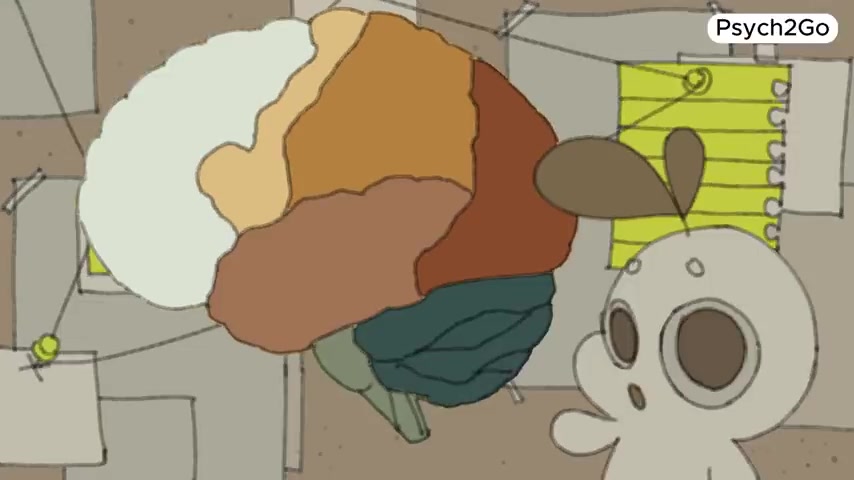
If you've clicked on this video , you may be wondering if there's something deeper going on , something you're missing , something that's stopping you from finding or keeping a relationship .
One reason you may be struggling , there actually might be something going on in your your brain that's inhibiting you from finding the connection you've been searching for , specifically how your brain handles rejection .
To learn how your brain may be stopping you from experiencing the connection you desire and what you can do to change this , keep watching .
The facts .
A person can only handle so many rejections before they feel like giving up dating for good .
When you feel rejected , it's easy to only see happy couples around you , whether it be the happy old couple in the street holding hands or your best friend who isn't shy of some PDA with their newest relationship .
It's easy to feel down on yourself , like you've somehow failed .
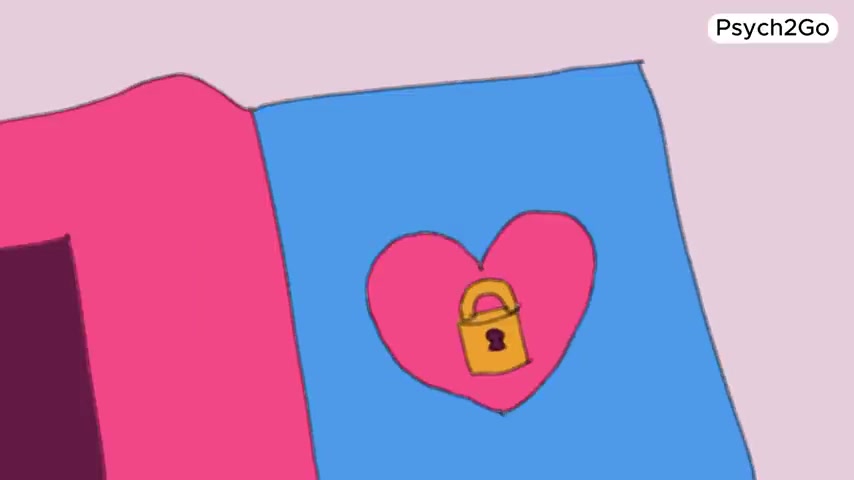
But the truth is , you're definitely not a failure because no one is immune to rejection .
It happens to everyone , but just how many failed relationships and dates do you have to go on before you find your person ?
Digital magazine addressed this question by highlighting a dating study aimed at unraveling the secrets to finding true love .
Among many things , the study found that statistically , you would have 4 disaster dates , be stood up by someone 1 to 2 times , have 7 to 8 relationships , and be cheated on at least once .
Sadly , it looks like the science tells us that rejection is to be expected .
But that's not to say rejection can't be devastating .
In fact , rejection can be more intense for some people and be the cause for why they struggle with relationships .
High rejection sensitivity .
Ever feel like you've been punched in the gut after someone rejects you ?
There's an explanation for this .
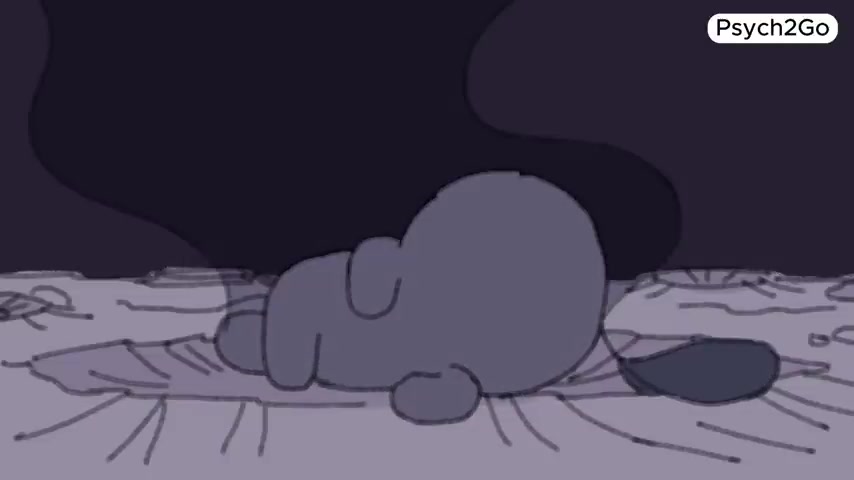
A 2011 brain imaging study showed that rejection activates the same part of the brain as physical pain .
No wonder you felt like someone kicked you in the gut with a soccer ball .
And experts are finding out that some people are more prone to feeling this than others .
This is known as having high rejection sensitivity , and it doesn't have to be rejections like cheating or the end of a relationship .
Rejection can come in many forms .
According to the Journal of Social Psychology , someone with rejection sensitivity may interpret harmless social cues as blatant rejection or ignore other explanations or reasons for the rejection , among other signs .
Have your friends or family ever told you that you read too much into text messages ?
Jamie Herndon , a public health professional in the mental health space , shares that misinterpreting texts as a sign that someone doesn't like you can be a common example of rejection sensitivity .

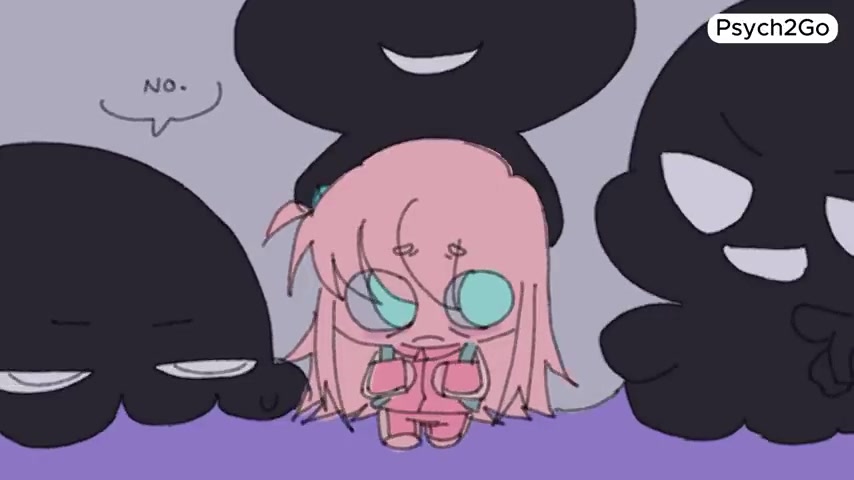
Even though rejection is a common experience , someone with rejection sensitivity has a brain that's on high alert , which can provide maladaptive coping strategies .
Jamie Hunden goes on to say that for some people , rejection sensitivity can be a response to trauma and is often , but not always , associated with other mental health conditions , such as ADHD , autism , and depression .
Rejection sensitivity dysphoria .
Rejection sensitivity can lead to something called rejection sensitivity dysphoria or RSD .
The Cleveland Clinic , a multi specialty academic medical center , explains that RSD is when you experience severe emotional pain when rejected , and there can be a link between ADHD and RSD based on brain structure findings .
The thing is with RSD and ADHD , your brain can't regulate rejection related emotions and behaviors , making them much more intense , explains the Cleveland Clinic .
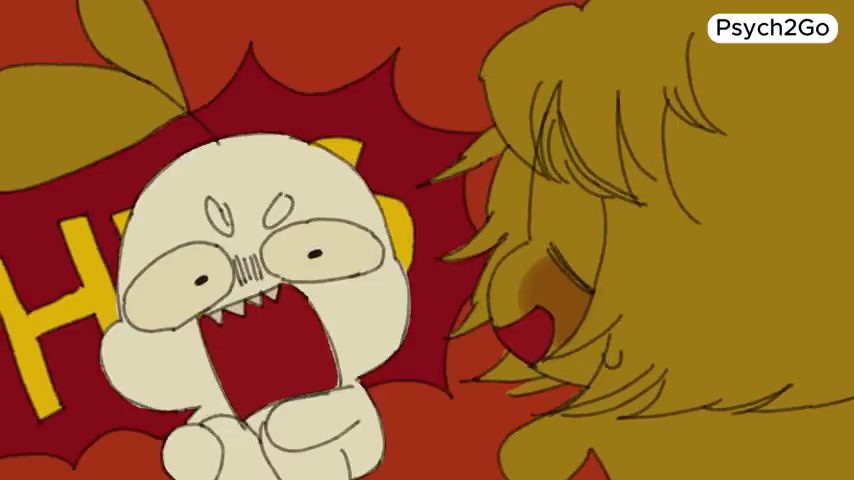
It's important to note that while RSD hasn't been officially recognized as a diagnosis and is not always associated with ADHD , understanding these dynamics can shed light on certain emotional responses .
When you're in a relationship , do you constantly feel like your partner is unhappy with you ?
Do you feel like you need extra validation from them ?
These can be signs of RSD .
Couples therapist , Gal Sekhli , says a person with RSD often jumps to conclusions and assumes that they're being attacked or slighted in some way , leaving the other person forever having to comfort and support them .
But there's hope .
Gal goes on to explain that RSD is the result of unhelpful thoughts overriding your brain .
But you can learn how to take charge of your thoughts through different practices like taking risks , focusing on facts , and , of course , seeking professional help .
We want to acknowledge that RSD hasn't been officially recognized as a diagnosis and isn't always associated with ADHD .
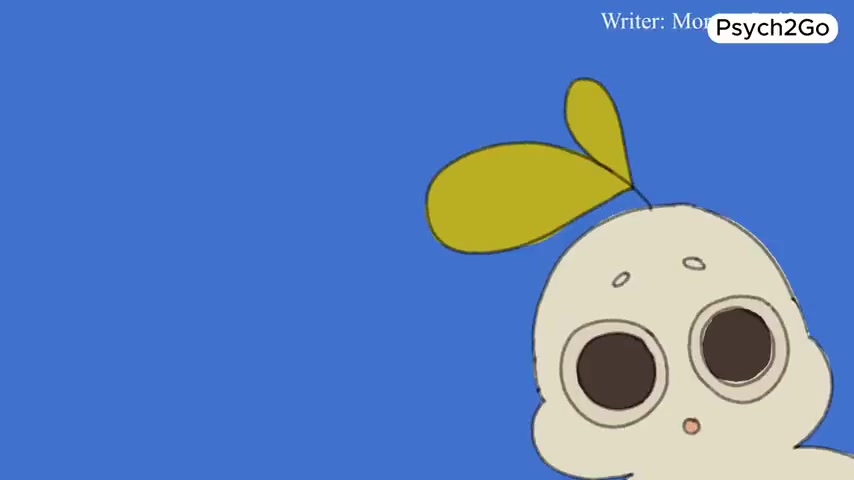
Can you relate to the signs of RSD or rejection sensitivity ?
If so , what helps you ?
If you feel comfortable , please share your advice below to help remind someone that they're not alone .
Before you go , like and subscribe so you don't miss any future videos .
We'll see you again real soon .
Until next time .
Remember , you matter .

Are you looking for a way to reach a wider audience and get more views on your videos?
Our innovative video to text transcribing service can help you do just that.
We provide accurate transcriptions of your videos along with visual content that will help you attract new viewers and keep them engaged. Plus, our data analytics and ad campaign tools can help you monetize your content and maximize your revenue.
Let's partner up and take your video content to the next level!
Contact us today to learn more.